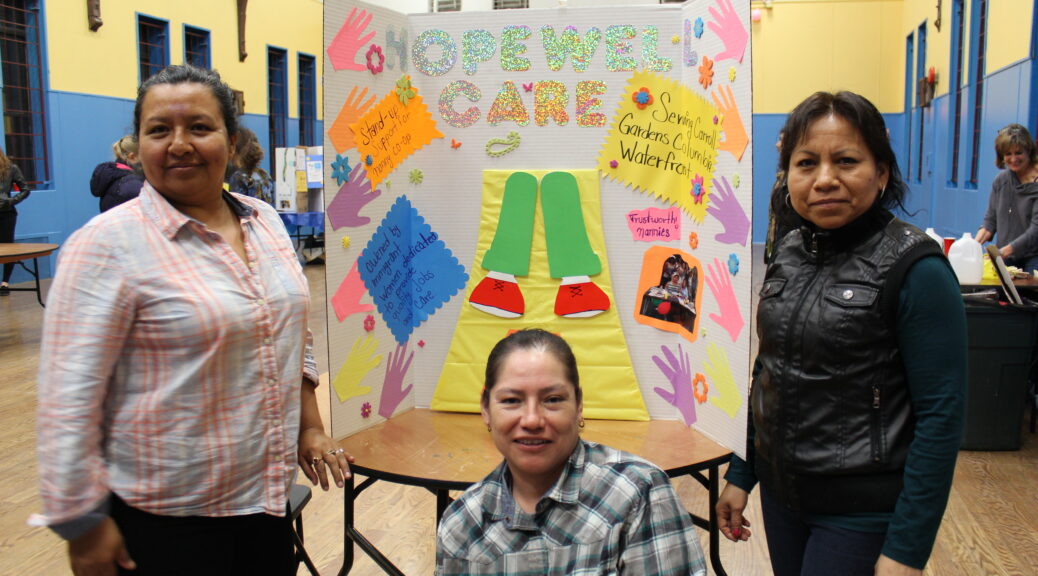Excerpt:
“Defund the police.” The demand is righteous, and at the same time, destabilizing. It requires not just reform, but systemic change in policing, incarceration, and budgeting. It calls us to both divest and to reinvest our money differently.
Defunding the police is a proposition to invest in our communities in a different way, to treat the budget as a “moral document,” and to place those most affected at the very center of the decision-making process. One arm of this strategy to defend Black lives is a call for community control and self-determination.
Over the last 10 years, the Participatory Budgeting Project has worked to spread the use of “participatory budgeting,” or PB. Alongside nonprofits, community members, elected officials, and coalitions, including organizations that are members of the Movement for Black Lives (M4BL), we’ve sought to transform budget processes into opportunities for developing democratic capacities and promoting equity. While PB has been used across the US, it has not been used to defund the police. But that may be about to change.
Around the country, people are wondering and discussing what “defund the police” might actually mean. To answer this question requires addressing a related question: What does a democratically transformed budget process look like? What does it look like to repurpose municipal policing budgets in a way that dismantles structural racism and white supremacy, while building safe, healthy, and empowered communities?



